
New ranking in Who’s Who Data 2024 as Recommended in the Data Privacy & Protection and Information Technology categories.

New ranking in Who’s Who Data 2024 as Recommended in the Data Privacy & Protection and Information Technology categories.
On 18 October 2023, the French National Assembly voted in favour of a law aiming to secure and regulate the digital space (“Loi visant visant à sécuriser et réguler l’espace numérique” or “SREN”), otherwise called the “Sorare Act.” This new development marks a first step towards the establishment of a regulatory framework dedicated to games integrating non-fungible tokens (NFTs) and monetisation models based on digital assets.
These new provisions are aimed at the creation of a new category of games under French law called games with monetisable digital objects (“jeux à objets numériques monétisables” or “JONUM”). This new regime will enter into force ‘on an experimental basis and for a period of three years’ from the promulgation of the law and will authorise Web3 games with monetisable digital objects (including NFTs).
The Sorare Act defines JONUMs as “game elements, which only confer on players one or more rights associated with the game, and which may be transferred, directly or indirectly, for consideration to third parties,” while excluding digital assets covered by 2° of Article L. 54-10-1 of the French Monetary and Financial Code.
France is one the first jurisdictions in the world to create a specific regime for companies using NFTs as part of their games and the objective is to provide certainty to the industry.
Please reach out to our team if you need further information on this new development.
First publication: K&L Gates Hub, in collaboration with Lucas Nicolet-Serra
A bit of Jyn Erso to wrap up the week!
New episode of K&L Gates Gateway to Privacy is out, and this time with our first external guest — our dear friend Arya Tripathy joins us with Whitney McCollum and Camille Scarparo for a deep dive into India’s new data protection law, the Digital Personal Data Protection Bill, 2023.
What’s to know, what’s to expect? Listen and find out!
Post-Brexit EU businesses have needed to rethink how they approach showing compliance with a host of regulations, managing international data transfers and building trust with data subjects. Having to comply with the GDPR, prepare for other data protection bills, all while continuing to comply with the EU-GDPR as well as a host of global regulations means businesses might look to certification as a common system for adequacy as a one-stop shop, when addressing the overlaps and more crucially closing the gaps on their privacy compliance programs.
Featured speakers:
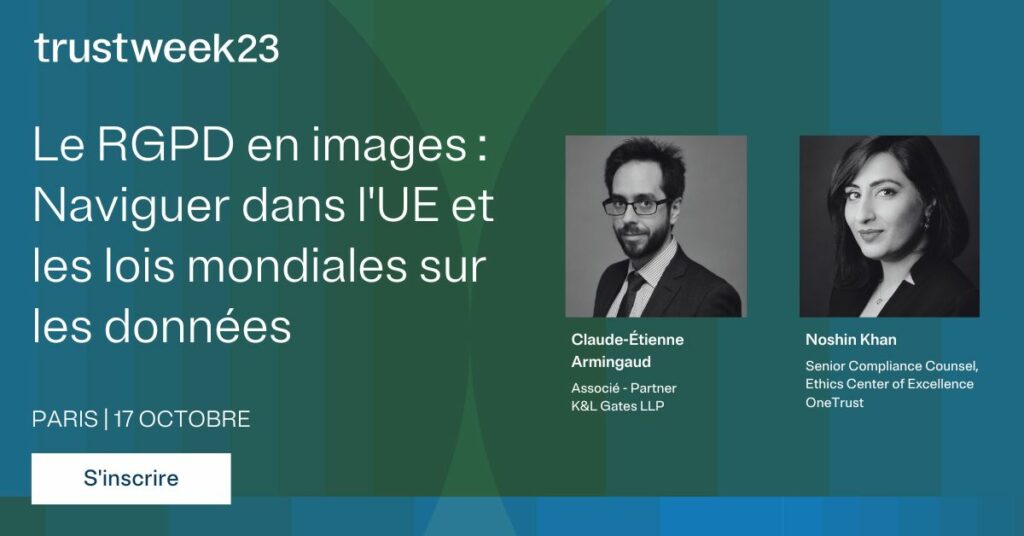
Register here.
This panel session will focus on the growing concern over the ethical use of Artificial Intelligence (AI) and its impact on privacy. The panelists will discuss the role of accountability in developing responsible AI practices and the potential risks of AI systems when not properly regulated. They will also explore the importance of transparency and the need for data privacy regulations in the development and deployment of AI technologies. The session will provide insights into best practices for AI governance and how organizations can ensure the ethical use of AI while still benefiting from its potential.
Co-Panelists:
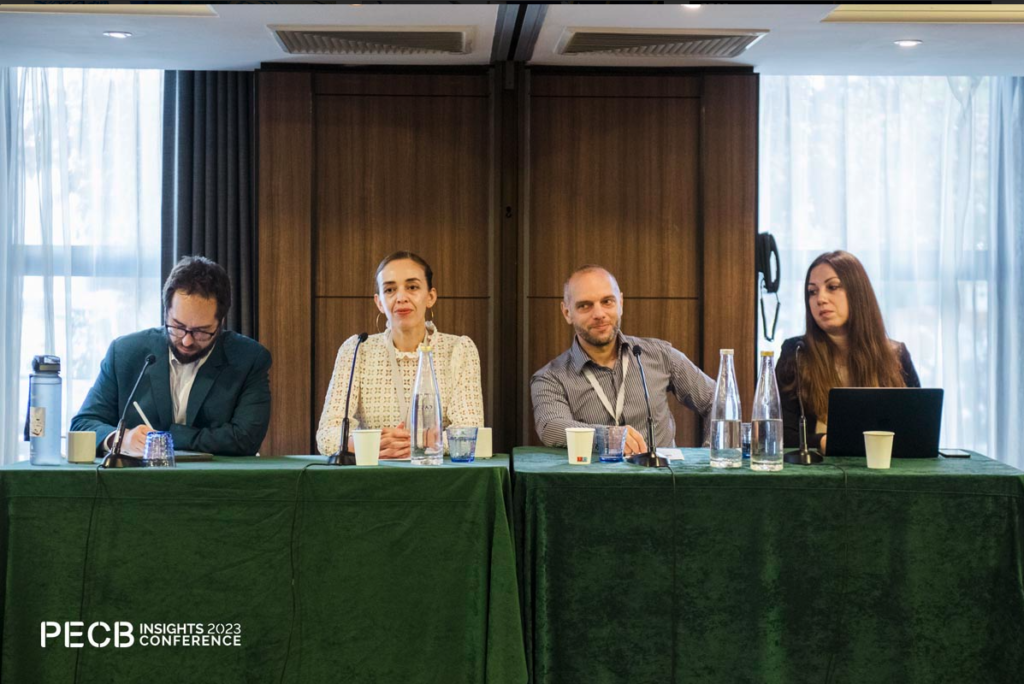



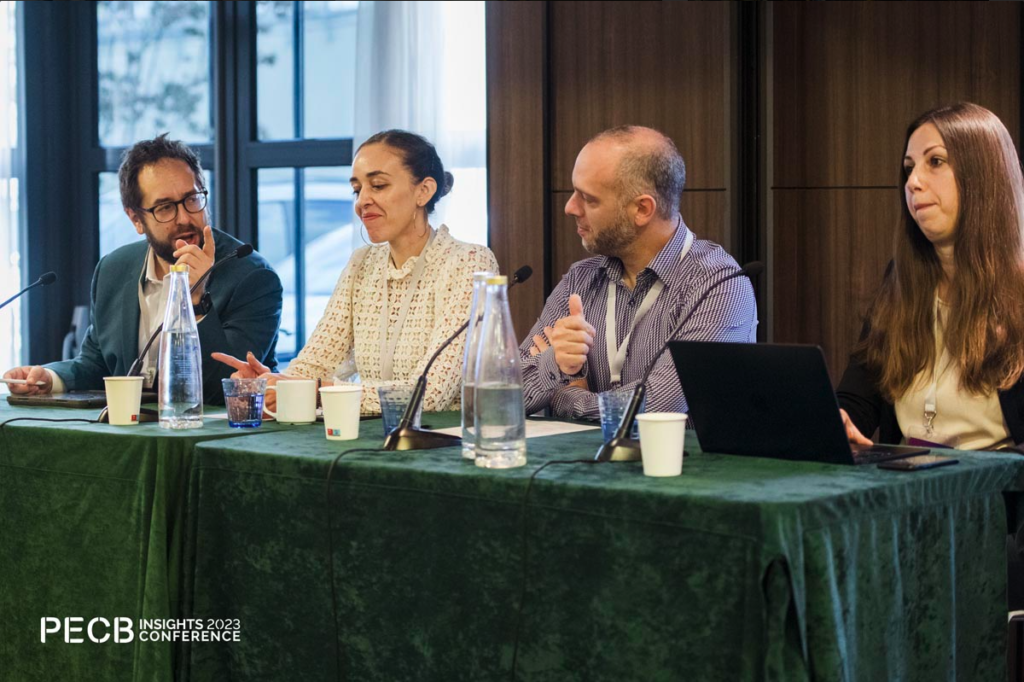
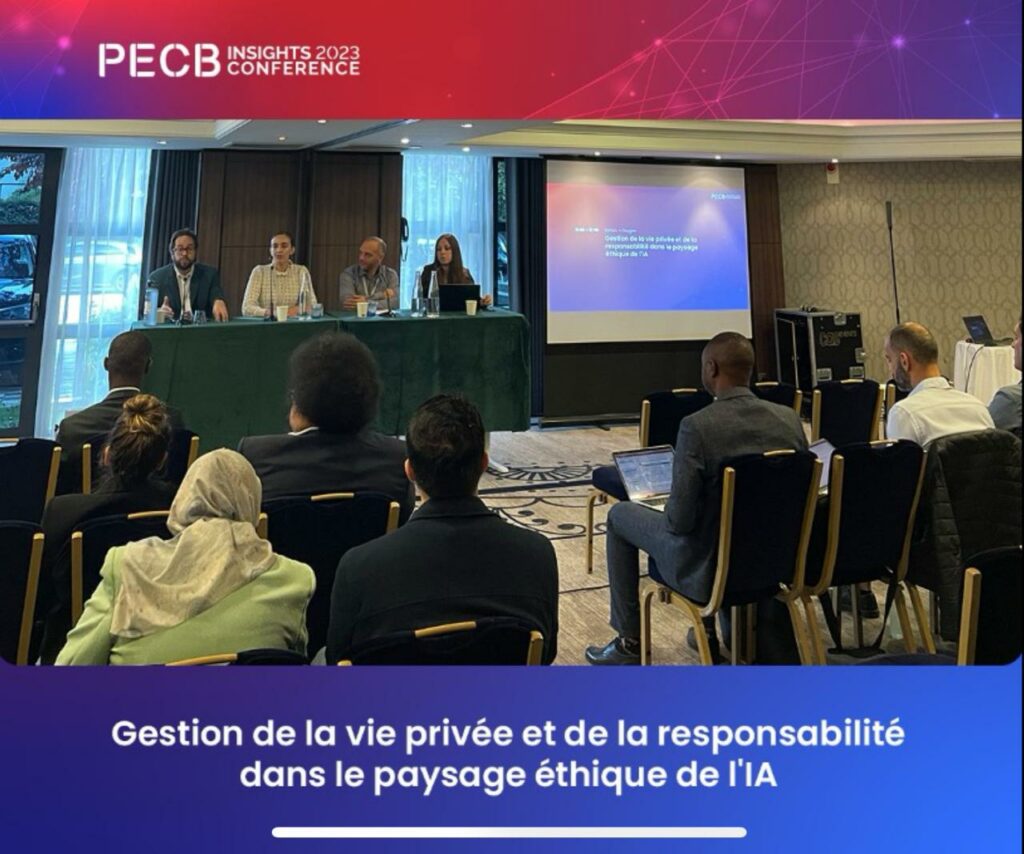
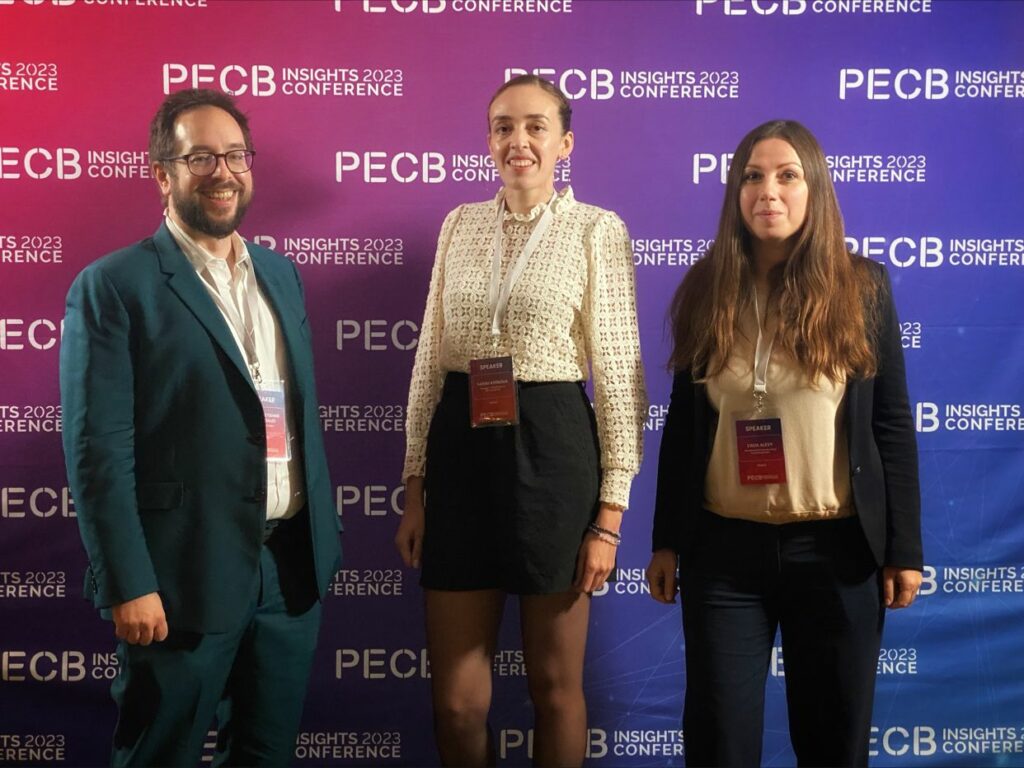
#AI #ArtificialIntelligence #gdpr #ethics #dataprotection #regulation #insights23 #pecb #Privacy #Accountability
Access the full text of the EU AI Act here.
The UK Government has laid adequacy regulations before Parliament that, once in force from 12 October 2023, will permit use of the UK – US “Data Bridge” as a safeguard for personal data transfers from the UK to the US under Article 44 UK GDPR.
The UK – US “Data Bridge,” AKA the UK Extension to the EU – US Data Privacy Framework (Framework), allows UK organisations to transfer personal data to organisations located in the United States that have self-certified their compliance with certain data protection principles and appear on the Data Privacy Framework List. This scheme, administered by the US Department of Commerce, provides a redress mechanism for data subjects in the European Union to enforce their rights under the EU General Data Protection Regulation, in relation to a participating US organisation’s compliance with the Framework, and to US national security agencies’ access to personal data. This new redress mechanism attempts to prevent a challenge to the Framework similar to the Schrems II case, which invalidated the Framework’s predecessor EU – US Privacy Shield. Despite this, the Framework has already been the subject of a short-lived case at the Court of Justice of the EU, and there may be more legal challenges.
Alongside the adequacy regulations, the UK government published an analysis of the US laws relating to US national security agencies’ access to the personal data of European data subjects. This analysis effectively completes the international data transfer risk assessment (TRA), which UK organisations have been required to carry out before transferring personal data to the US. It is likely that UK organisations relying on the other Article 44 UK GDPR safeguards, such as the International Data Transfer Agreement, may also rely on this analysis in place of completing a TRA.
First publication: K&L Gate Cyber Law Watch Blog in collaboration with Noirin McFadden
K&L Gates ranked “Highly Recommended 1/2” with Claude-Etienne Armingaud.
Source: Leaders League
(more…)